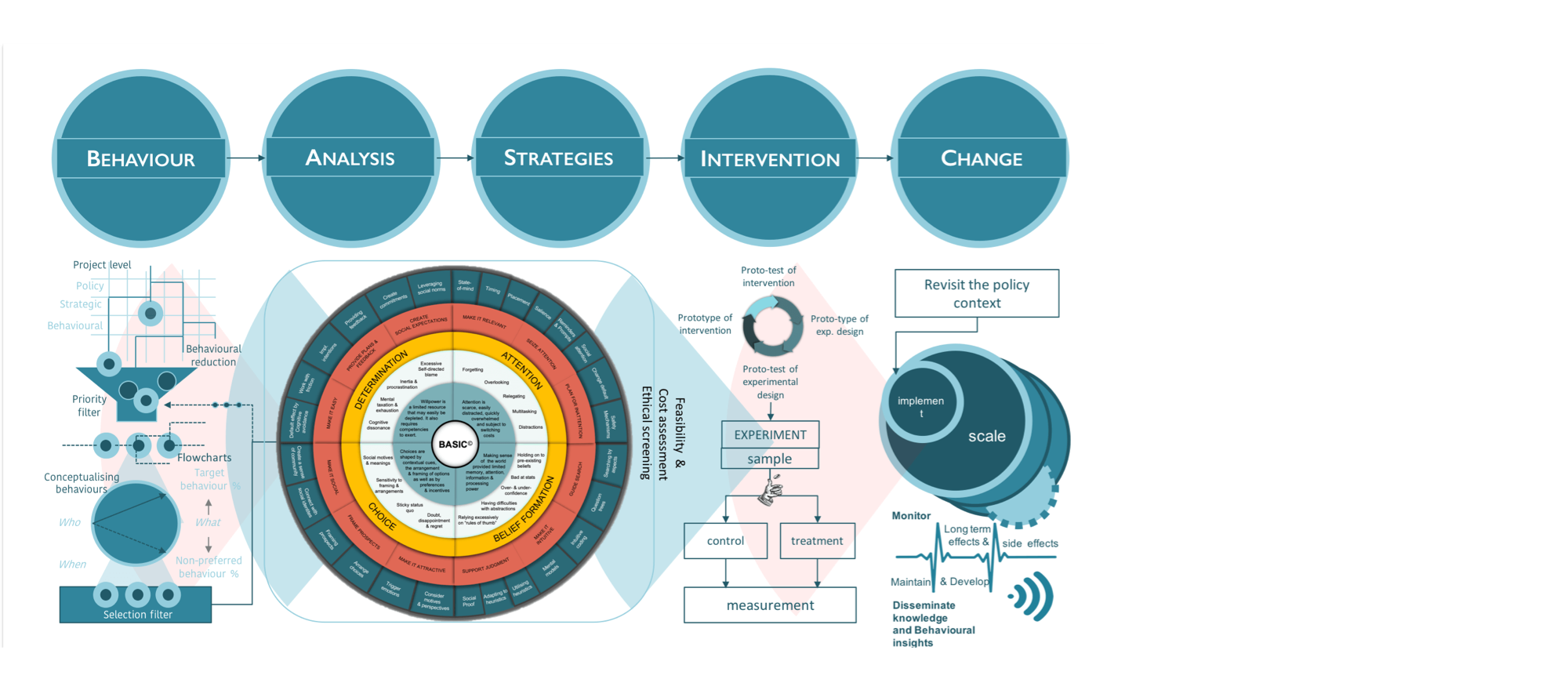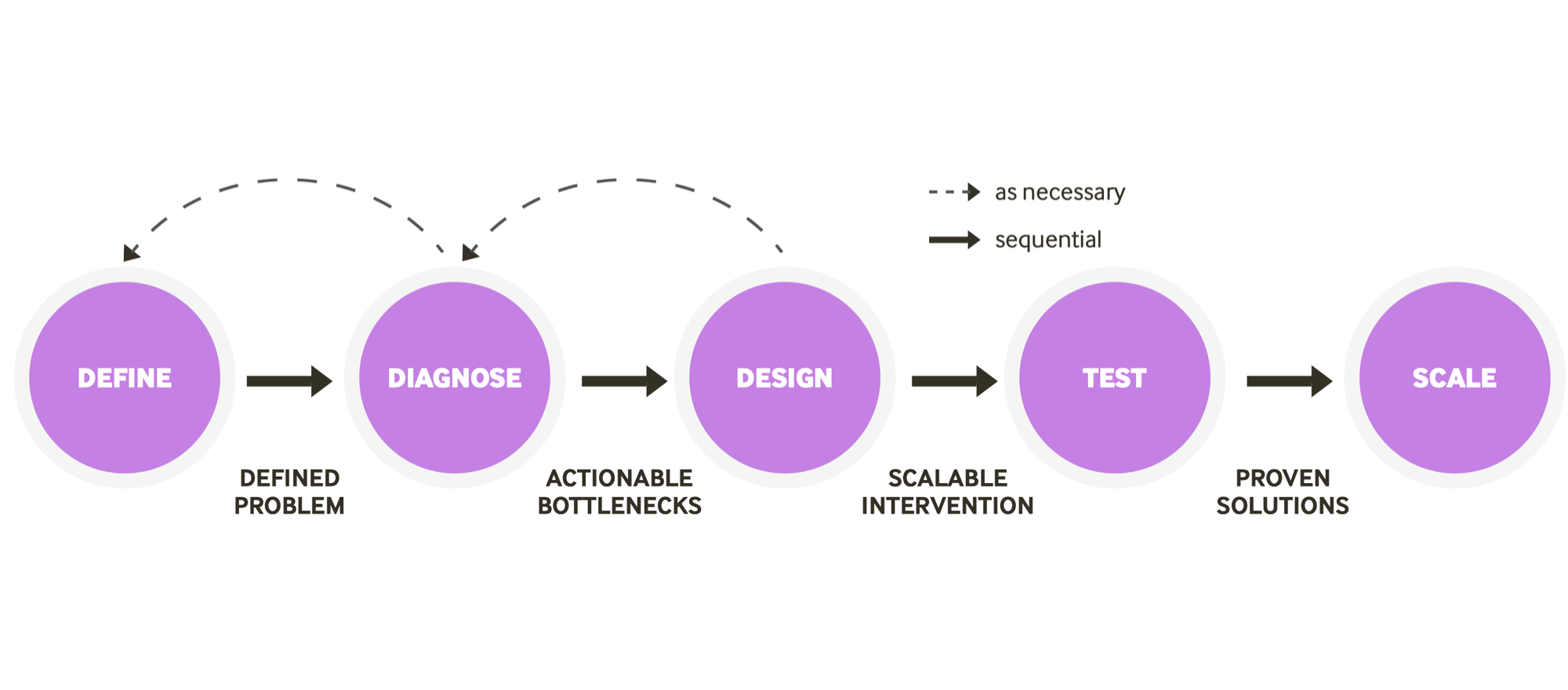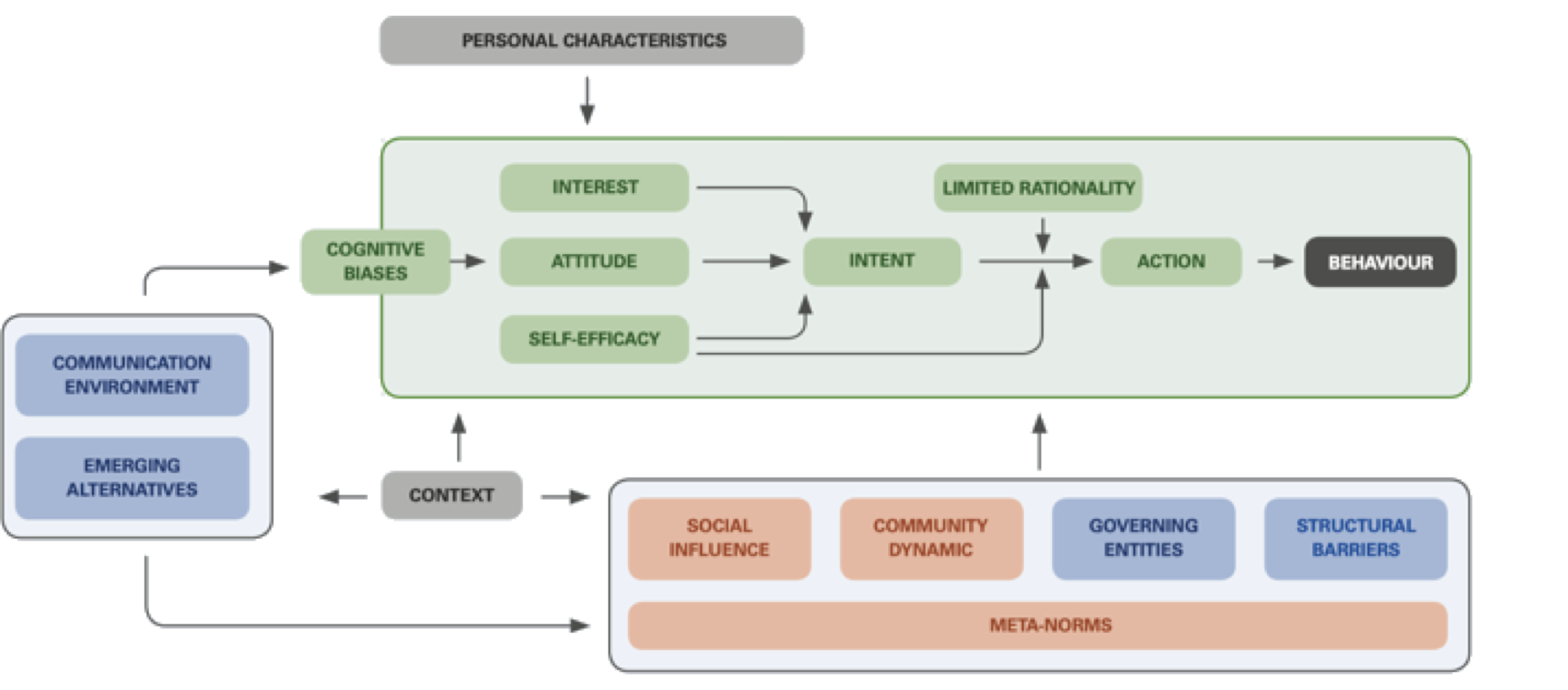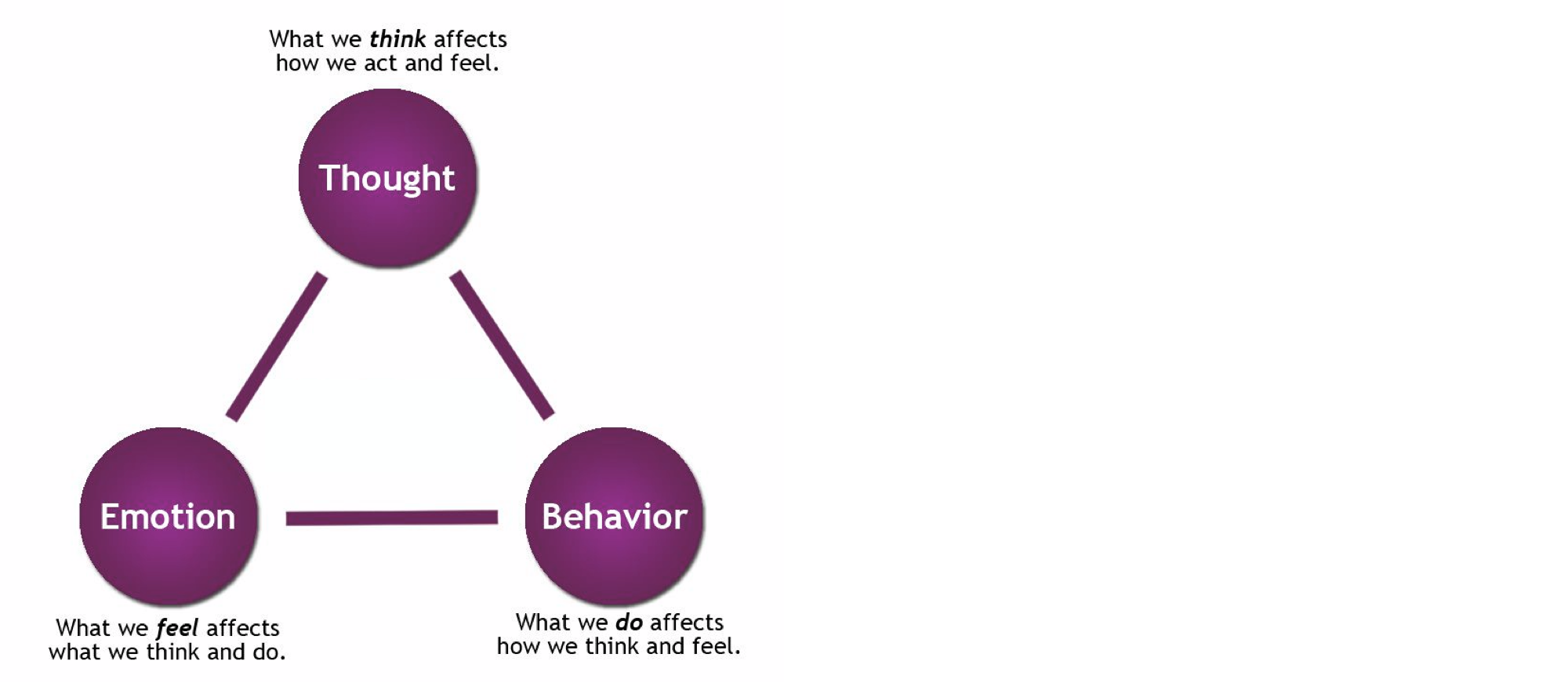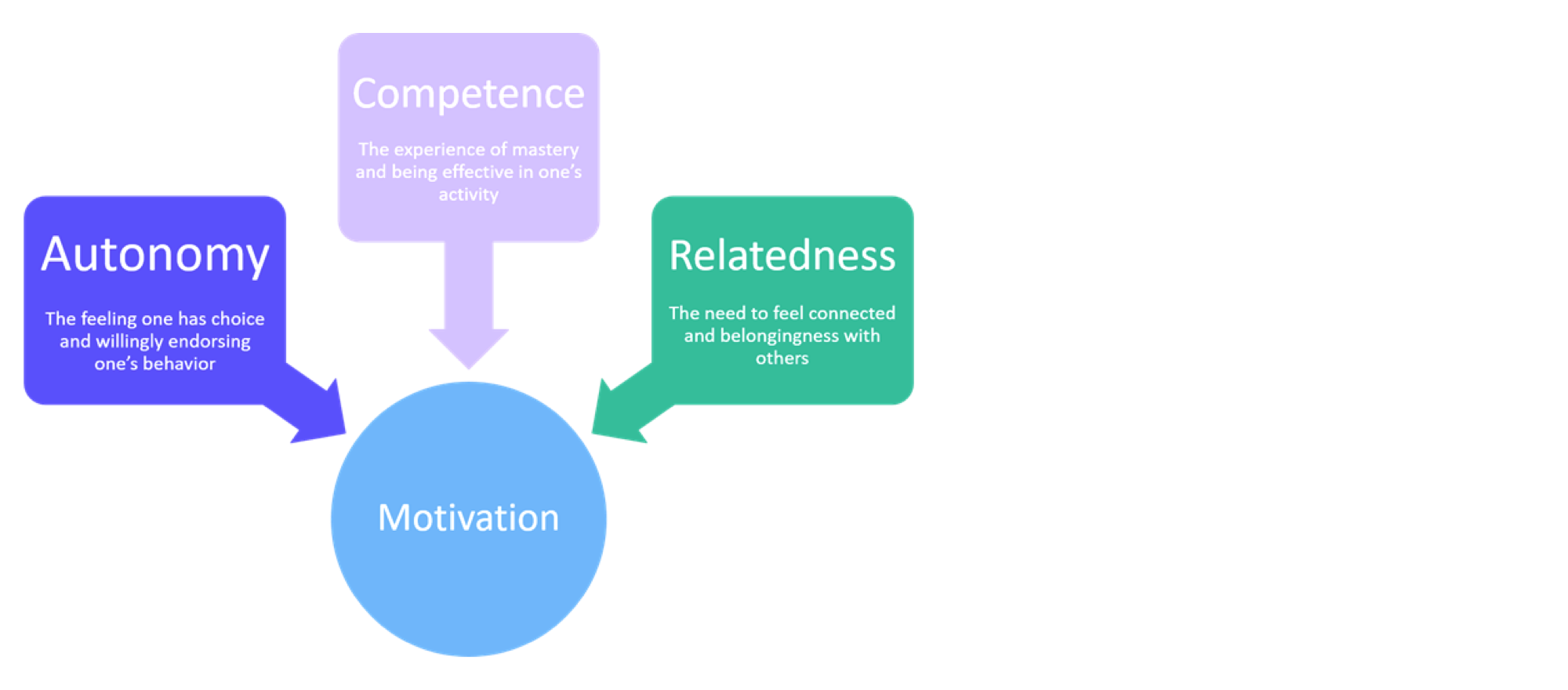
Self-Determination Theory(SDT)
Behavior Model • 1982
Richard Ryan, Edward Deci
Self-Determination Theory (SDT) is a framework for understanding motivation as it relates to human behavior. It is widely used not only in practical behavior change settings and education, but also in game design.
SDT emphasizes the three core components that drive motivation:
- Autonomy: the desire to make one's own choice and be the primary causal agent in one's future
- Competence: the skills and knowledge required to perform an action, and the cognitive and emotive states associated with their possession
- Relatedness: one's perceived connection to specific other individuals or a group
The model also stresses intrinsic and extrinsic forms of motivation, generally assigning primacy to intrinsic sources. Early experiments in SDT showed some evidence that the presence of extrinsic rewards (e.g. cash compensation) can reduce or inhibit intrinsic motivation in some contexts.
SDT is also notable for its collection of six "mini-theories" and thorough taxonomy of behavioral regulation mechanisms.

